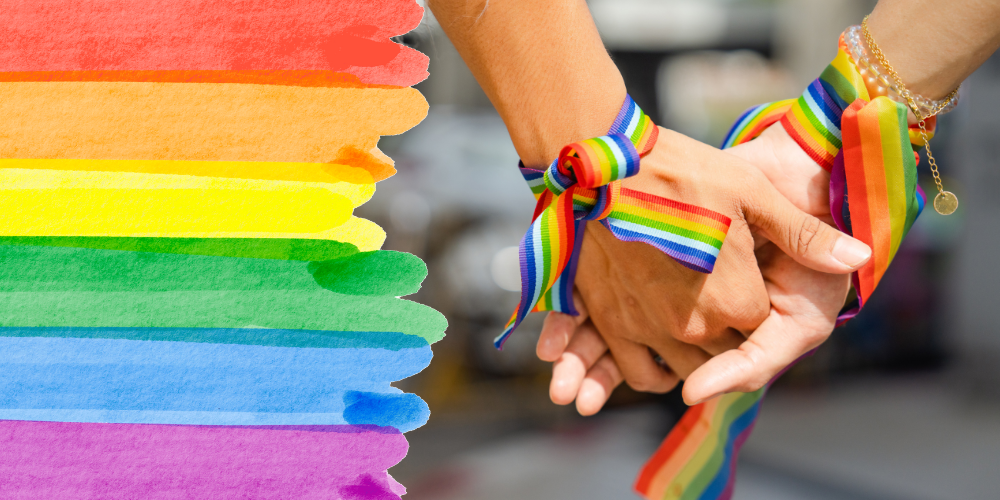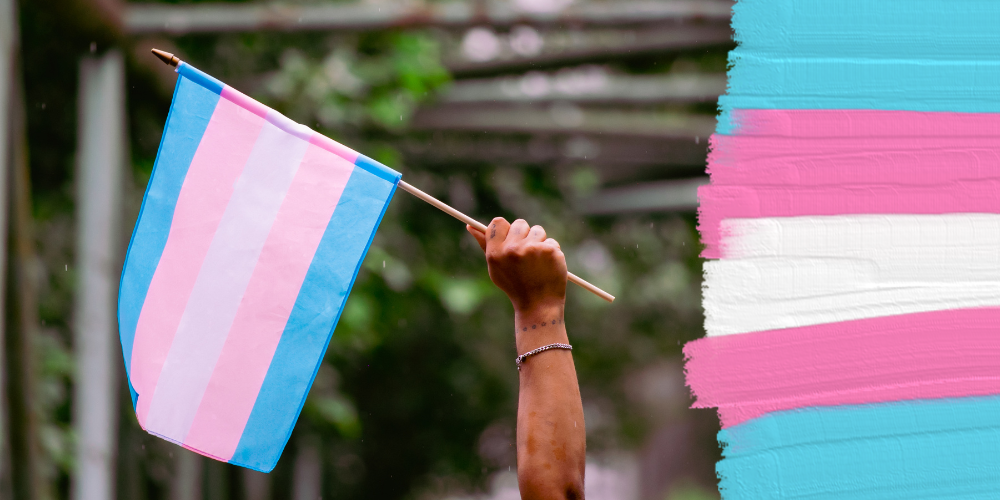Generation Z (born between 1996-2012) is driving a global shift in the perception of the LGBT+ community, according to a recent Ipsos survey conducted in 26 countries. This generational change is reflected in greater support for LGBT+ rights and greater identification with the community, but also highlights persistent challenges, particularly with regards to the rights of transgender people.

A 26-country Ipsos study found that 1 in 6 Gen Z individuals identify as LGBT+
Growing Support for LGBT+ Rights: Generation Z at the Forefront
Bright and cheerful events celebrating Pride Month are now commonplace in many United Kingdom cities, as well as in countries around the world. But a surge of multi-colored flags for one month a year doesn’t mean the fight for true equal rights for the community has been won. The recent Ipsos survey on LGBT+ attitudes and visibility reveals a much more complex picture. While support for LGBT+ rights is growing, particularly among younger generations, disparities remain among some demographic groups.
Gen Z are more likely than older generations to identify as LGBT+, with about one in six (17%) claiming this identity in the over two dozen countries surveyed by Ipsos. This contrasts with lower rates of LGBT+ identification among Millennials (11%), Generation X (6%), and Baby Boomers (5%). A generational divide is also evident in attitudes towards LGBT+ representation in media, with younger generations expressing greater support for showing more LGBT characters on TV, in films, and in advertising.
Same-sex Marriage: A Right with Broad Support
Regarding same-sex marriage, widespread support remains strong with seven in ten adults (72%) in the 26-country Ipsos study agreeing with it. In the United Kingdom, three-quarters of Brits (77%) believe that same-sex couples should be allowed to marry or obtain some kind of legal recognition. Among the countries surveyed by Ipsos, however, attitudes vary significantly. For example, Sweden has the highest approval (86%), while Turkey lags behind (37%).
Similarly, almost three-quarters of British people (72%) support the right of same-sex couples to adopt children, while acceptance rates fluctuate greatly between nations included in the Ipsos study. Thailand is most supportive of same-sex couples adopting children (82%), compared to Turkey again on the low end (29%).

Transgender issues encounter more resistance than other LGBT+ concerns.
Transgender Rights: The Pending Challenge in the Fight for Equality
Meanwhile, transgender issues encounter more resistance. While seven in ten Brits(73%) believe that transgender people should be protected from discrimination, only one in five (19%) support transgender athletes competing based on their self-identified gender.
Greater LGBT+ Acceptance: A Path with Challenges
This month during Pride, Brits are joining people around the world – especially young people – to celebrate and embrace the LGBT+ community and their rights. Still, there is more progress to be made to address lingering biases, particularly with regards to the rights and representation of transgender people.
The Ipsos research shared in this article has been sourced from: https://www.ipsos.com/en/ipsos-pride-survey-2024-gen-zers-most-likely-identify-lgbt
 United Kingdom (English)
United Kingdom (English)